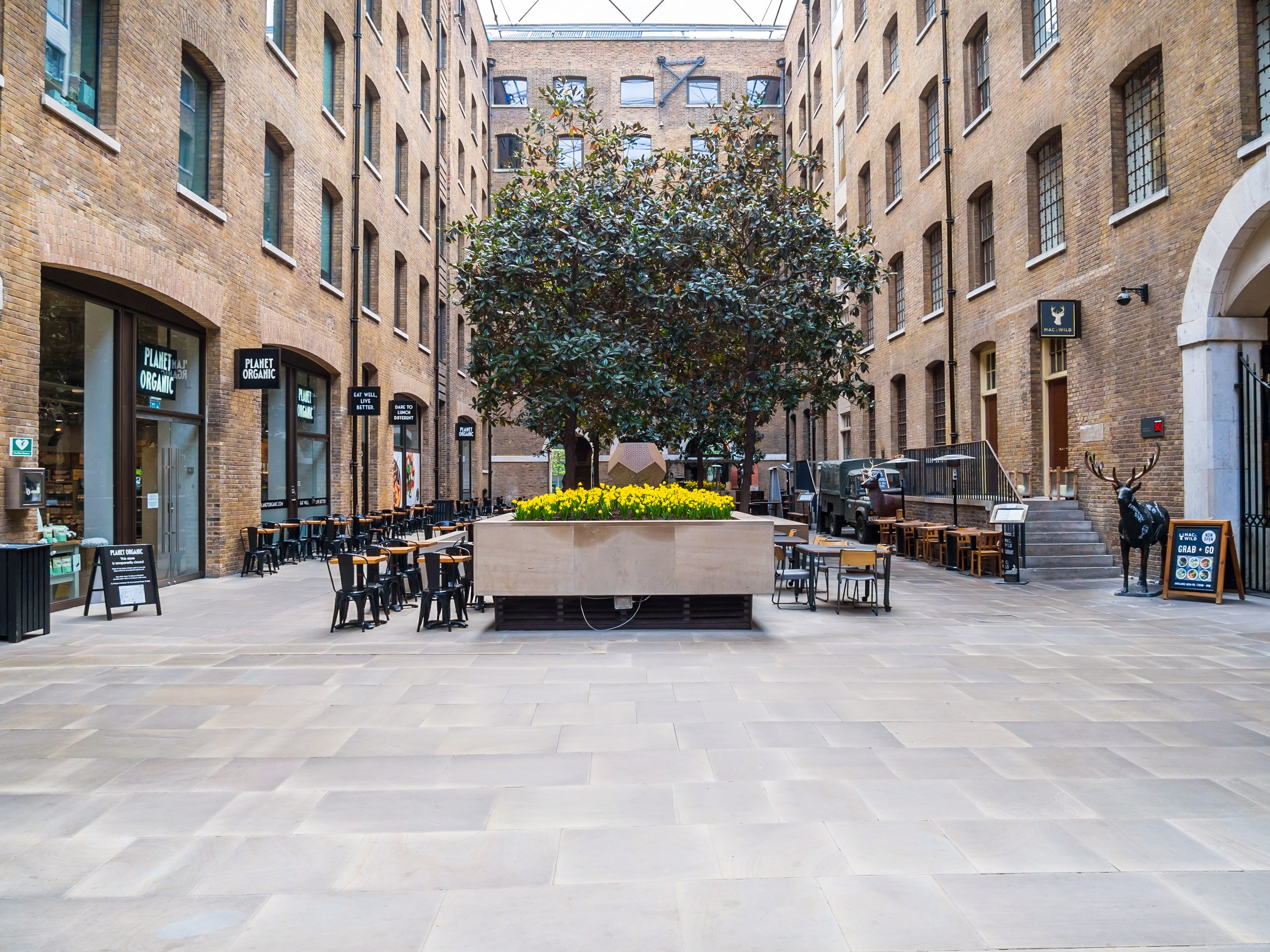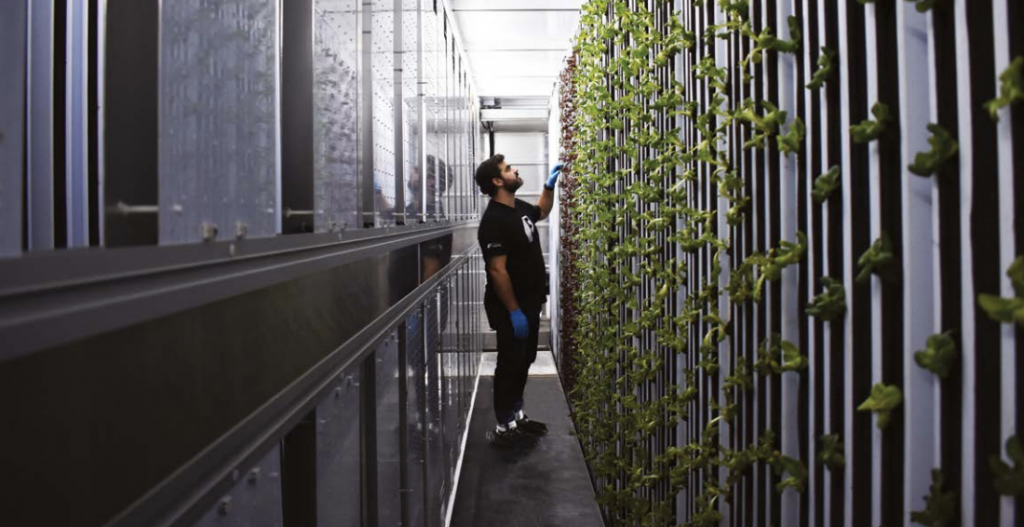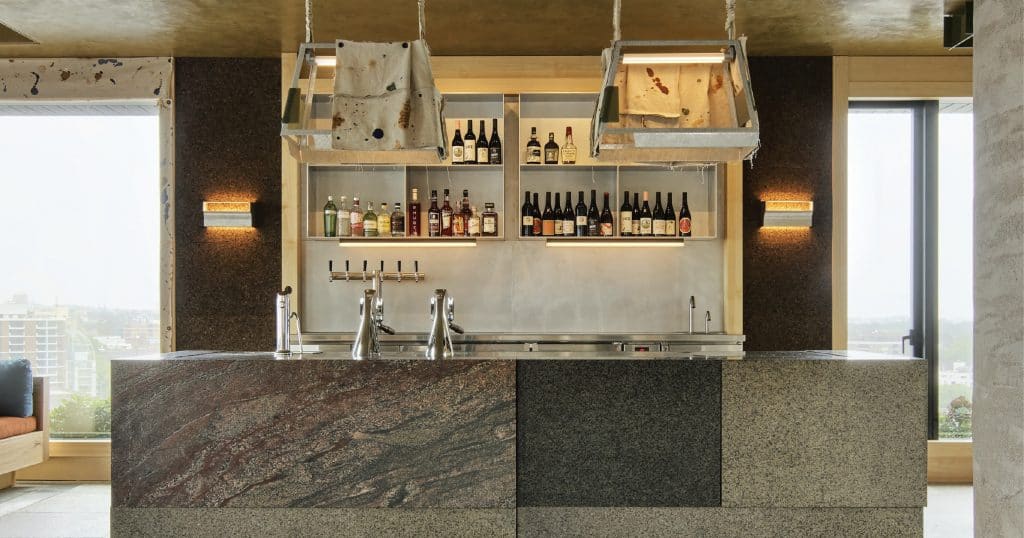
Hospitality businesses in the UK have been hit hard by the lockdown measures put in place to prevent the spread of Covid-19.
While government is in discussions on how to lift lockdown and phase people back into work, it is likely that restaurants will still feel the impact of widespread fear around social distancing.
Support for these businesses, then, must be extended, enhanced and delivered swiftly if businesses are to recover.
Kate Nicholls, chief executive of UKHospitality, gave evidence to the House of Commons Treasury Committee on 21 April outlining the problems being faced by the industry.
Nicholls highlighted a number of areas where government support is not going far enough, with many businesses struggling to access support and others excluded from schemes.
Extending support
Despite an extension to the Coronavirus Job Retention Scheme, UKHospitality estimates 350,000-500,000 workers are missing out as they are seasonal workers or hit by technicalities, including new starters and those unable to produce a payslip.
Many hospitality businesses have been frustrated by the loan scheme available, with a survey of its members showing that of the 50% of businesses that had applied for a loan, only 18% had secured one and more than half were still waiting for a response.
What’s more, 71% of hospitality business is carried out in venues with a rateable value of above £51,000, which means businesses are ineligible for grants.
Nicholls called for government to scrap thresholds for grants and to support with rents, to keep businesses alive and keep jobs open.
“Government support for businesses has been swift and has helped many businesses get over the initial shock of the crisis. It is clear, however, that too many businesses are struggling to access support and that the schemes in place must be extended and enhanced,” she said.
“This support then needs to be carried over after the worst of the crisis has passed. If it is abruptly switched off, then all the good work that has been done during these difficult weeks will be undone. Hospitality is going to be battling with the effects of this for months, if not years and support from the government cannot be stopped until businesses are back up to full strength.”
Help with the rent
Meanwhile, operator Hospitality Union – led by its founder Jonathan Downey – has also called on government to support the restaurant industry with a rent relief package.
In an open letter to the chancellor, Downey thanked the government for the support offered so far before outlining the more specific needs of hospitality industry, as one of the sectors hit first and hardest by the Covid-19 lockdown measures.
“This is a rescue plan that won’t cost the taxpayer anything,” he wrote. “Fear of the virus and the long-term need for physical distancing will mean that most hospitality businesses will remain shut down after lockdown. Almost all have no immediate prospect of being profitable again and many will fail in the next few weeks and months. We need an extraordinary next measure.”
The proposal sets out a nine month #NationalTimeOut – a rent free period for hospitality businesses, combined with a matching loan and interest payment postponement for landlords, as well as protection for them from covenant breach and debt security enforcement.
“This is an interesting and essential proposal for our industry,” said Chris Stern FCSI, managing director of Stern Consultancy. “This crisis is devastating for the restaurant sector and it won’t be a fast come back. A long-term rescue package is the only thing that can help.”
“The scheme will give restaurants breathing space. Obviously, they have no food costs, but they will have labour costs again after June and sales are likely to be slow to pick up, so just covering these will be a struggle. If something can be done with rents then this is a further saving that will help them survive – though it still won’t save them all.”
Working together
While it is essential that support is given to the hospitality industry, Vic Laws MBE, FCSI, managing director of AVL Consultancy, has his concerns about how this is communicated with government.
“Jonathan’s point about rent relief is a very good point – the longer we can get it the better it will be,” he says. “However, my biggest concern is this is dissipating the work that Hospitality UK is currently doing. Hospitality Union is writing to the chancellor at the same time as the chief executive of Hospitality UK, Kate Nicholls, was in front of the Treasury Select Committee yesterday. We have another example of hospitality speaking with so many voices that the government doesn’t bother to take any notice of us.”
Laws agrees that extending the loan and grants schemes available for retail, hospitality and leisure businesses would be of considerable benefit: “It would be better if all hospitality businesses could claim for a grant if they wanted it.”
As for the impact on foodservice consultants, he says it’s a mixed bag.
“From a management consultant’s point of view, as with any time when we go into recession, it’s a good opportunity as they go into help people sharpen their businesses and improve their profitability. But it’s a less good time for our design colleagues,” Laws admits.
“Right now, we have to ascertain how can we continue our businesses and help to make our industry better for the public.”
Liz Cooley
Pictured: the usually bustling Devonshire Square in the City of London, UK, remains deserted due to the Covid-19 outbreak




